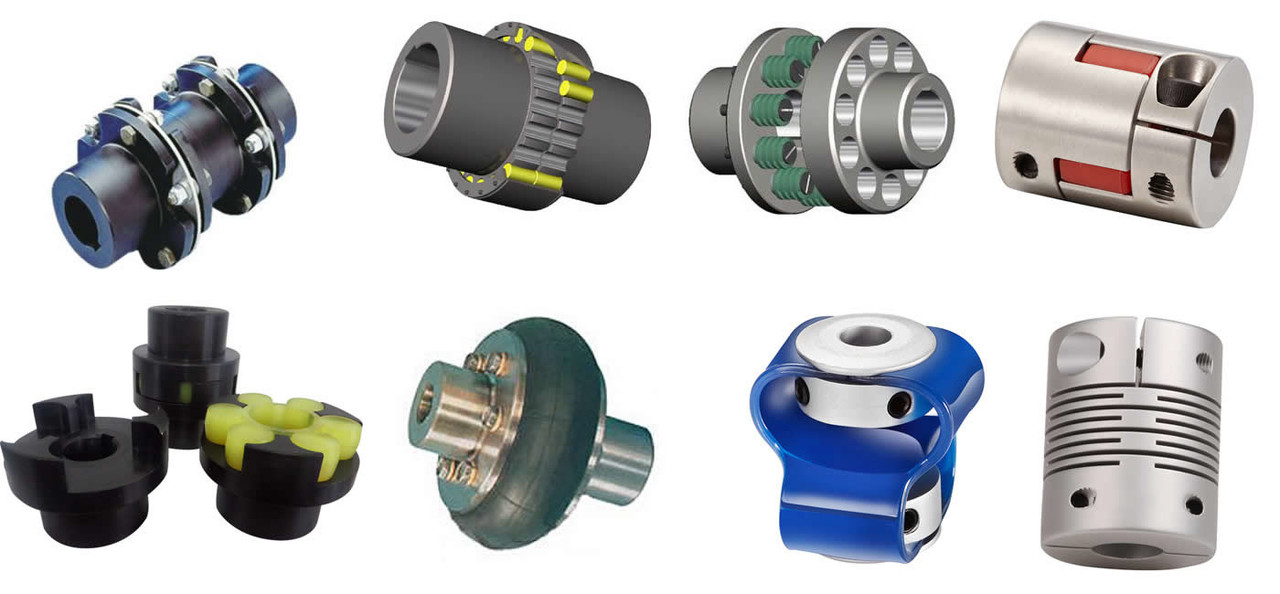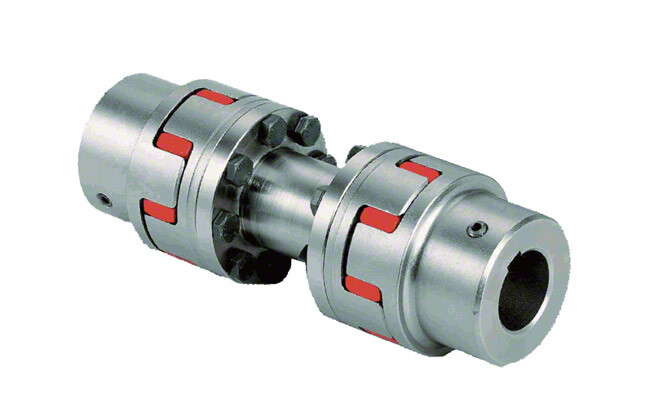High Torque Flexible Shaft Coupling
Introduction to High Torque Flexible Shaft Coupling
High torque flexible shaft couplings are crucial components in industrial machinery, providing a reliable connection between two rotating shafts. They ensure efficient power transmission, accommodate misalignments, and minimize vibrations.
Understanding Torque in Shaft Couplings
Torque refers to the rotational force applied to the coupling. High torque flexible shaft couplings are designed to withstand substantial loads, making them ideal for heavy-duty applications.
Types of Flexible Shaft Couplings
Various types of flexible shaft couplings exist, each with unique features suited for specific applications. Common types include jaw couplings, beam couplings, and bellows couplings.
Benefits of High Torque Flexibility
The flexibility of these couplings allows for angular, parallel, and axial misalignments, providing greater operational tolerance and reducing the risk of mechanical failure.
Applications in Industry
High torque flexible shaft couplings are widely used in sectors like manufacturing, automotive, aerospace, and robotics to enhance the performance and longevity of machinery.
Key Features to Look For
When selecting a high torque flexible shaft coupling, consider features such as load capacity, misalignment accommodation, damping properties, and ease of installation.
Material Considerations
The choice of material, such as steel, aluminum, or composite, impacts the coupling’s strength, durability, and performance under different environmental conditions.
Installation and Maintenance Tips
Proper installation and regular maintenance of shaft couplings are essential to ensure optimal performance. This includes alignment checks, lubrication, and inspection for wear and tear.
Advantages Over Rigid Couplings
Unlike rigid couplings, flexible couplings provide better shock absorption, accommodate misalignments, and reduce maintenance costs by preventing component damage.
Innovations in Shaft Coupling Technology
Recent advancements in materials science and engineering have led to the development of high-performance flexible couplings with enhanced torque capacity and resilience.
Common Misalignments and Their Impact
Misalignments can lead to increased wear, vibration, and energy loss. Flexible shaft couplings mitigate these issues by absorbing and compensating for misalignments.
Comparing Different Coupling Designs
Each coupling design offers specific advantages. For instance, jaw couplings are simple and economical, while bellows couplings provide excellent torsional rigidity.
Environmental and Operational Considerations
Consider factors such as temperature, humidity, and exposure to chemicals when choosing a coupling. These conditions can affect the coupling’s material integrity and performance.
Cost vs. Performance
While high-performance couplings may have a higher upfront cost, their durability and efficiency can result in long-term savings by reducing downtime and maintenance expenses.
Future Trends in Shaft Coupling Technology
Emerging trends include the integration of smart sensors for real-time monitoring and predictive maintenance, as well as the use of advanced materials for lightweight and high-strength couplings.

What are the Three Types of Coupling?
Couplings are categorized based on their ability to accommodate misalignments and the type of connection they provide. The three primary types are rigid, flexible, and fluid couplings.

What Coupling is Used to Connect Two Shafts?
The choice of coupling depends on several parameters and actual conditions:
- Torque Requirements: The coupling must handle the maximum torque generated by the system without failure.
- Misalignment Tolerance: The ability to accommodate angular, parallel, and axial misalignments is crucial for preventing damage.
- Environmental Factors: Temperature, humidity, and chemical exposure can affect material selection and coupling performance.
- Operational Speed: High-speed applications require couplings with excellent balance and minimal vibration.
- Maintenance Needs: Ease of installation and maintenance can reduce downtime and operational costs.

What are the Two General Types of Shaft Couplings?
Shaft couplings are generally categorized into two types: rigid and flexible. Rigid couplings provide a solid connection with no allowance for misalignment, while flexible couplings can compensate for misalignment and absorb shocks.
About HZPT
HZPT, located in Hangzhou, Zhejiang Province, is a modern enterprise integrating R&D, learning, production, and foreign trade. We uphold core values of integrity, unity, progress, and innovation. We focus on coupling products’ research and innovation, combining high-tech development, international trade, industrial investment, and domestic and international networks. Our business spans Asia, Europe, Africa, and North America, striving to become an internationally influential group. We specialize in producing various couplings, including drum couplings, spring pin couplings, serpentine spring couplings, universal couplings, star couplings, expansion couplings, diaphragm couplings, and tire couplings.
We have a complete and scientific quality management system, our own technology development, and testing departments. Our certifications include CQC, ISO, and CE. We provide excellent sales services and technical support to hundreds of cooperating enterprises, adhering to the business philosophy of “people-oriented, customer-first,” cooperating sincerely with customers for mutual development.
We specialize in the production and sale of shaft couplings. Here are five key advantages of our products and company:
- High Quality and Durability: Our couplings are manufactured using premium materials and advanced technology, ensuring long-lasting performance and reliability.
- Innovative Design: Our R&D team continuously innovates to provide cutting-edge coupling solutions that meet the evolving needs of various industries.
- Comprehensive Support: We offer comprehensive pre-sales and after-sales support, including technical consultations, installation guidance, and maintenance services.
- Global Reach: With an extensive distribution network, we cater to customers worldwide, ensuring timely delivery and localized support.
- Certifications and Standards: Our products meet international standards, and we hold certifications like CQC, ISO, and CE, guaranteeing product quality and safety.
